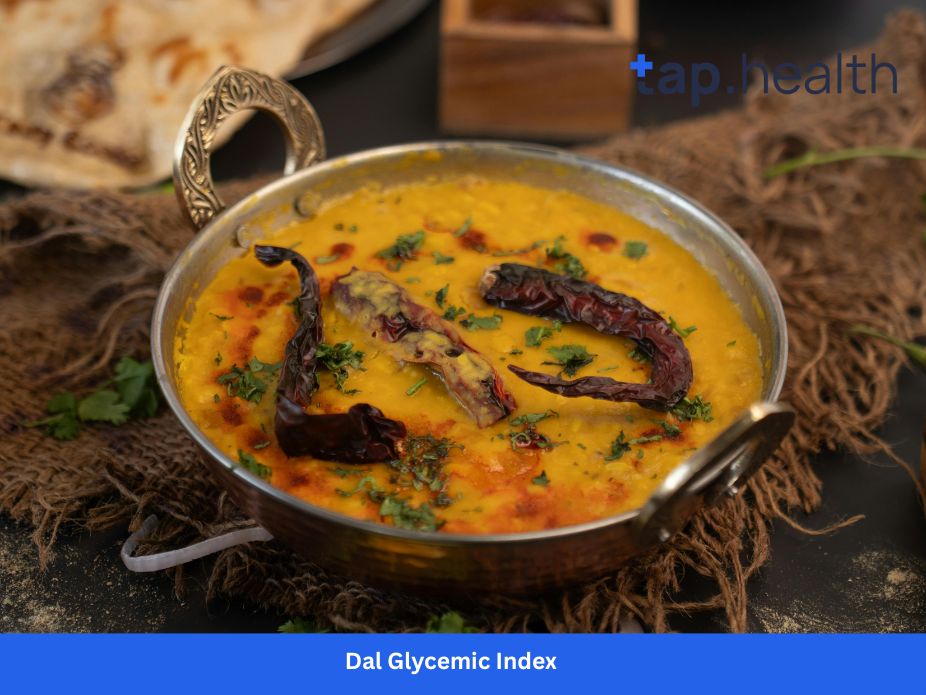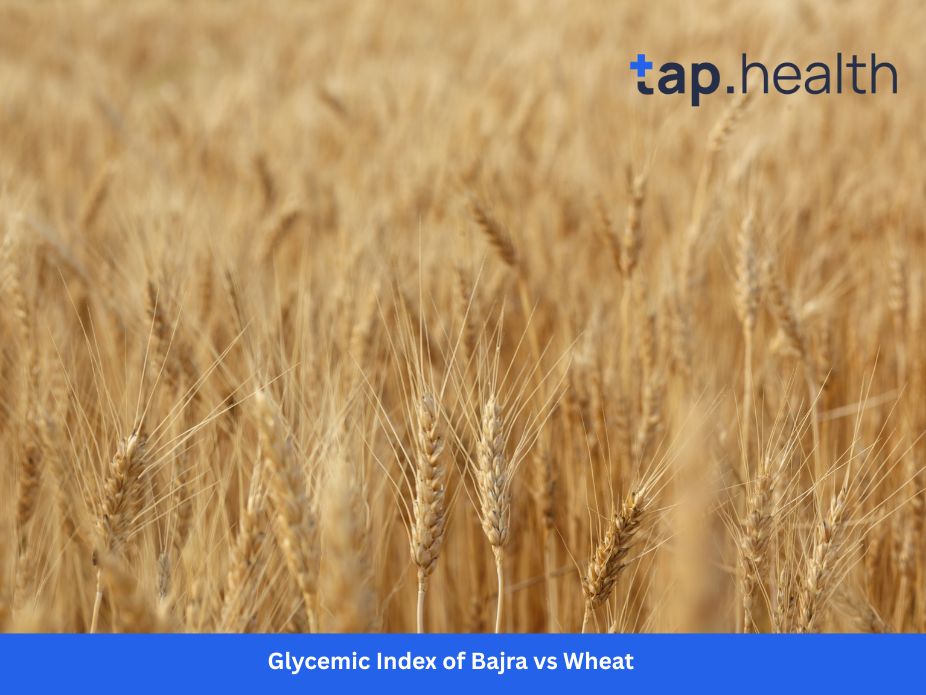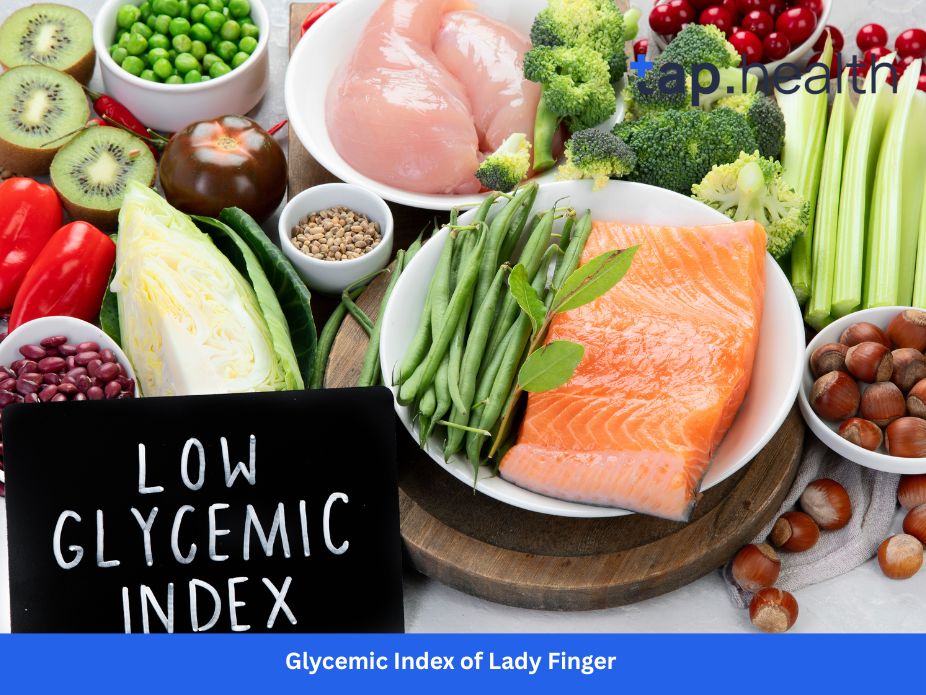Table of Contents
- Midlife Weight Gain: Is It Linked to Diabetes?
- Understanding Diabetes Risk in Menopausal Women
- Combating Weight Gain & Diabetes After 40: A Guide
- Metabolic Changes & Weight Management in Midlife Women
- Prevent Diabetes: Nutrition Tips for Women Over 40
- Frequently Asked Questions
- References
Navigating midlife can be a rollercoaster, and for many women, it involves unexpected changes in their bodies, including weight gain. This can be particularly concerning as it often intersects with an increased risk of developing diabetes. Understanding the complex connection between Midlife Weight Gain & Diabetes in Women is crucial for proactive health management. This blog post will explore the hormonal shifts, lifestyle factors, and practical strategies that contribute to this issue, empowering you with knowledge to make informed choices for your well-being. Let’s delve into the science and solutions together!
Midlife Weight Gain: Is It Linked to Diabetes?
Midlife, particularly for women in Indian and tropical countries, often brings significant hormonal shifts that can contribute to weight gain. This isn’t just about aesthetics; it’s a crucial health concern strongly linked to the rising prevalence of type 2 diabetes. The global statistics are stark: 61% of all people with diabetes are aged between 20-64 years, a demographic heavily impacted by midlife changes.
Understanding the Connection
Weight gain, especially around the abdomen, increases insulin resistance. Insulin is the hormone that helps your body use sugar for energy. When your body becomes resistant, it struggles to process sugar effectively, leading to higher blood sugar levels – a hallmark of diabetes. This is exacerbated by factors common in many Indian and tropical climates, such as less physically demanding lifestyles and diets heavy in refined carbohydrates and sugars. Lifestyle changes are paramount during this period. For a deeper understanding of the relationship between diabetes and obesity, read our article on Understanding the Link Between Diabetes and Obesity.
Managing Weight and Reducing Risk
For women in these regions, focusing on a balanced diet rich in fruits, vegetables, and whole grains is vital. Regular physical activity, even a brisk 30-minute walk most days, makes a huge difference. Stress management techniques, like yoga or meditation, can also play a crucial role, as stress hormones can further impact insulin resistance.
Taking Action
Don’t underestimate the power of small, consistent changes. Regular check-ups with your doctor, including blood sugar testing, are crucial for early detection and management. Early intervention is key to preventing or delaying the onset of diabetes, improving your overall health and well-being, and enjoying a healthier midlife. Consult a healthcare professional for personalized advice tailored to your specific needs and cultural context. It’s also important to note that weight management strategies can differ depending on individual circumstances. For example, if you’re experiencing weight loss with type 2 diabetes, you can find helpful information in our article How to Gain Weight with Type 2 Diabetes?
Understanding Diabetes Risk in Menopausal Women
Menopause marks a significant hormonal shift in a woman’s life, often accompanied by weight gain and an increased risk of developing type 2 diabetes. This is particularly relevant in Indian and tropical countries where lifestyle changes and dietary shifts during this period can exacerbate the risk. The fluctuation in estrogen levels during menopause impacts insulin sensitivity, making it harder for the body to regulate blood sugar effectively. This, coupled with a slower metabolism and potential decrease in physical activity, creates a perfect storm for weight gain, a major risk factor for type 2 diabetes.
Weight Management and Diabetes Prevention
Maintaining a healthy weight is crucial in mitigating the risk of developing diabetes during and after menopause. Incorporating regular physical activity, even moderate exercise like brisk walking for 30 minutes most days of the week, is vital. Prioritizing a balanced diet rich in fruits, vegetables, and whole grains, while limiting processed foods, sugary drinks, and unhealthy fats, is also essential. Traditional Indian and tropical diets, when adapted to focus on whole foods, can support healthy weight management. Remember, small, sustainable changes are more effective than drastic diets.
Seeking Support and Resources
For women in Indian and tropical countries, access to healthcare and diabetes education may vary. It’s crucial to proactively consult with a healthcare professional about your individual risk factors and discuss personalized strategies for managing your weight and preventing diabetes. Early detection and intervention are key to preventing or managing diabetes effectively. Women with diabetes face a significantly higher risk of heart disease; research shows a 40% increased risk compared to men with diabetes. Therefore, comprehensive health management is vital. Seek support from family, friends, or support groups to navigate this phase of life and build healthy habits. Understanding how diabetes management changes as you age is also important, so consider reading more on Managing Diabetes as You Age: Challenges and Solutions. The challenges of managing diabetes can also be relevant after pregnancy, as explained in Can You Develop Diabetes After Pregnancy?.
Combating Weight Gain & Diabetes After 40: A Guide
Midlife brings many changes, and for women in India and tropical countries, weight gain and an increased risk of type 2 diabetes are significant concerns. While diabetes in youth is relatively low in the US, at approximately 35 per 10,000 according to the CDC (CDC data), the risk dramatically increases with age and lifestyle factors. Understanding this connection is crucial for proactive health management.
Addressing the Root Causes
Several factors contribute to weight gain and diabetes after 40, particularly in warmer climates. Hormonal shifts, slower metabolism, and dietary habits influenced by cultural norms all play a role. For example, the prevalence of refined carbohydrates and less physically active lifestyles in some parts of India and tropical countries may increase the risk. Focusing on balanced nutrition and regular exercise is key.
Practical Strategies for Prevention and Management
Incorporating region-specific dietary adjustments can make a significant difference. Emphasizing whole grains, fruits, and vegetables abundant in these regions can support healthy weight management and blood sugar control. Regular physical activity, even short bursts throughout the day, is vital. Consider incorporating traditional Indian or regional exercises, adapting them to your fitness level. Seeking guidance from a healthcare professional familiar with your cultural background and dietary habits is also essential. For those needing to gain weight while managing diabetes, How to Gain Weight with Diabetes Safely and Effectively – Tap Health offers helpful strategies.
Taking Control of Your Health
Taking proactive steps to address weight gain and diabetes risk after 40 is empowering. By understanding the connection between these two conditions, making informed lifestyle choices, and seeking support, women in India and tropical countries can improve their long-term health and well-being. Remember, small changes can make a big difference. Consult a doctor or registered dietitian for personalized guidance tailored to your specific needs and cultural context. Remember to also check out 10 Proven Tips to Effectively Manage Diabetes | Simple Guide for additional support.
Metabolic Changes & Weight Management in Midlife Women
Understanding the Hormonal Shift
Menopause, a significant life stage for women in India and across tropical countries, brings about substantial hormonal changes. These fluctuations often contribute to increased abdominal fat storage and insulin resistance, significantly increasing the risk of developing type 2 diabetes. This metabolic shift, coupled with lifestyle factors, makes weight management crucial during this period. Weight gain in midlife is not inevitable; it’s a consequence of interacting factors that can be addressed.
Lifestyle and Dietary Considerations
Dietary habits play a pivotal role. Research shows that daily consumption of sugary beverages raises diabetes risk by 26%. In many Indian and tropical regions, readily available sugary drinks and processed foods laden with refined carbohydrates exacerbate this risk. Prioritizing whole grains, lean proteins, and plenty of fruits and vegetables is essential. Regular physical activity, even moderate exercise like brisk walking, is crucial for maintaining a healthy weight and improving insulin sensitivity. Cultural practices often involve high-calorie meals; mindful portion control becomes vital for managing weight. For more specific dietary advice tailored to postmenopausal women, check out our guide on Nourishing Your Body: Diet Tips for Postmenopausal Women.
Seeking Support and Guidance
Navigating these changes requires support. Connecting with healthcare professionals, nutritionists, or diabetes educators can provide personalized guidance tailored to your specific needs and cultural context. Many communities offer support groups where women can share experiences and learn effective strategies for managing weight and preventing diabetes. Taking proactive steps now can significantly reduce your risk of developing diabetes and improve your overall health and well-being throughout your later years. While this article focuses on metabolic changes in midlife, understanding weight loss in general can be beneficial in your journey.
Prevent Diabetes: Nutrition Tips for Women Over 40
Understanding the Risk
Midlife brings significant hormonal shifts for women, often impacting metabolism and increasing the risk of weight gain and type 2 diabetes. This is particularly relevant in Indian and tropical countries where dietary habits and lifestyle factors can exacerbate these risks. Up to 80% of Type 2 diabetes cases can be delayed or prevented through lifestyle changes, a fact highlighted by the Indian government. Lifestyle changes including diet are crucial for managing weight and preventing diabetes.
Prioritizing Healthy Eating
For women over 40 in India and tropical regions, focusing on a balanced diet rich in fresh fruits, vegetables, and whole grains is vital. Reduce refined carbohydrates like white rice and bread, opting instead for brown rice, millets (like ragi and jowar, which are staples in many Indian diets), and whole-wheat alternatives. Increase your intake of fiber from sources like lentils, beans, and leafy greens to aid digestion and blood sugar control. Incorporating spices like turmeric and cinnamon, common in Indian cuisine, can also offer potential anti-inflammatory and blood sugar-regulating benefits. Once diagnosed, effective management is key, and you can learn more about that in our article on 10 Proven Tips for Effective Diabetes Management.
Managing Portions and Sugar
Portion control is key. Even healthy foods can contribute to weight gain if consumed in excess. Limit processed foods, sugary drinks, and unhealthy fats to minimize calorie intake and prevent weight gain. Be mindful of hidden sugars in packaged foods and desserts, common in many processed foods available in these regions. Regular physical activity, alongside a healthy diet, is essential for effective weight management and diabetes prevention. Since diabetes can increase the risk of heart problems, it’s also important to understand how to Protect Your Heart from Diabetes: 5 Essential Steps. Consult a healthcare professional or registered dietitian for personalized dietary advice tailored to your specific needs and health conditions.
Frequently Asked Questions
Q1. What is the connection between midlife weight gain and type 2 diabetes in women?
Midlife weight gain, especially in women from India and tropical countries, significantly raises the risk of type 2 diabetes. Hormonal changes during menopause, combined with less physical activity and diets high in refined carbohydrates and sugars, lead to insulin resistance and high blood sugar.
Q2. How can I manage my weight to reduce my risk of developing type 2 diabetes?
Managing your weight is crucial. Focus on a balanced diet rich in fruits, vegetables, and whole grains. Incorporate regular physical activity, such as 30 minutes of brisk walking daily. Stress management techniques can also be beneficial.
Q3. What are the key lifestyle changes I can make to prevent or delay diabetes?
Small, consistent lifestyle changes are vital. These include eating a healthy diet, getting regular exercise, managing stress, and undergoing regular health checkups for early detection.
Q4. Why is early detection of diabetes so important for women in midlife?
Early detection is key to preventing or delaying the onset of diabetes. This is particularly important for women because diabetes increases their risk of heart disease.
Q5. Where can I get personalized guidance for managing my weight and diabetes risk?
Seeking professional guidance tailored to your individual needs and cultural background is essential for long-term health and well-being. A doctor or registered dietitian can provide a personalized plan.
References
- A Practical Guide to Integrated Type 2 Diabetes Care: https://www.hse.ie/eng/services/list/2/primarycare/east-coast-diabetes-service/management-of-type-2-diabetes/diabetes-and-pregnancy/icgp-guide-to-integrated-type-2.pdf
- Diabetes in Older Adults: A Consensus Report: https://en.iacld.com/UpFiles/Documents/292529019.pdf



